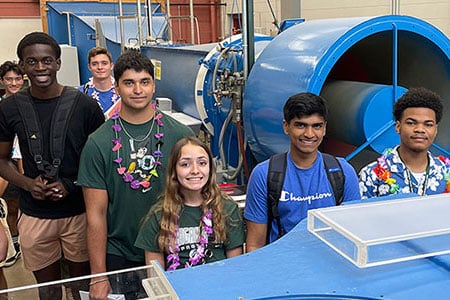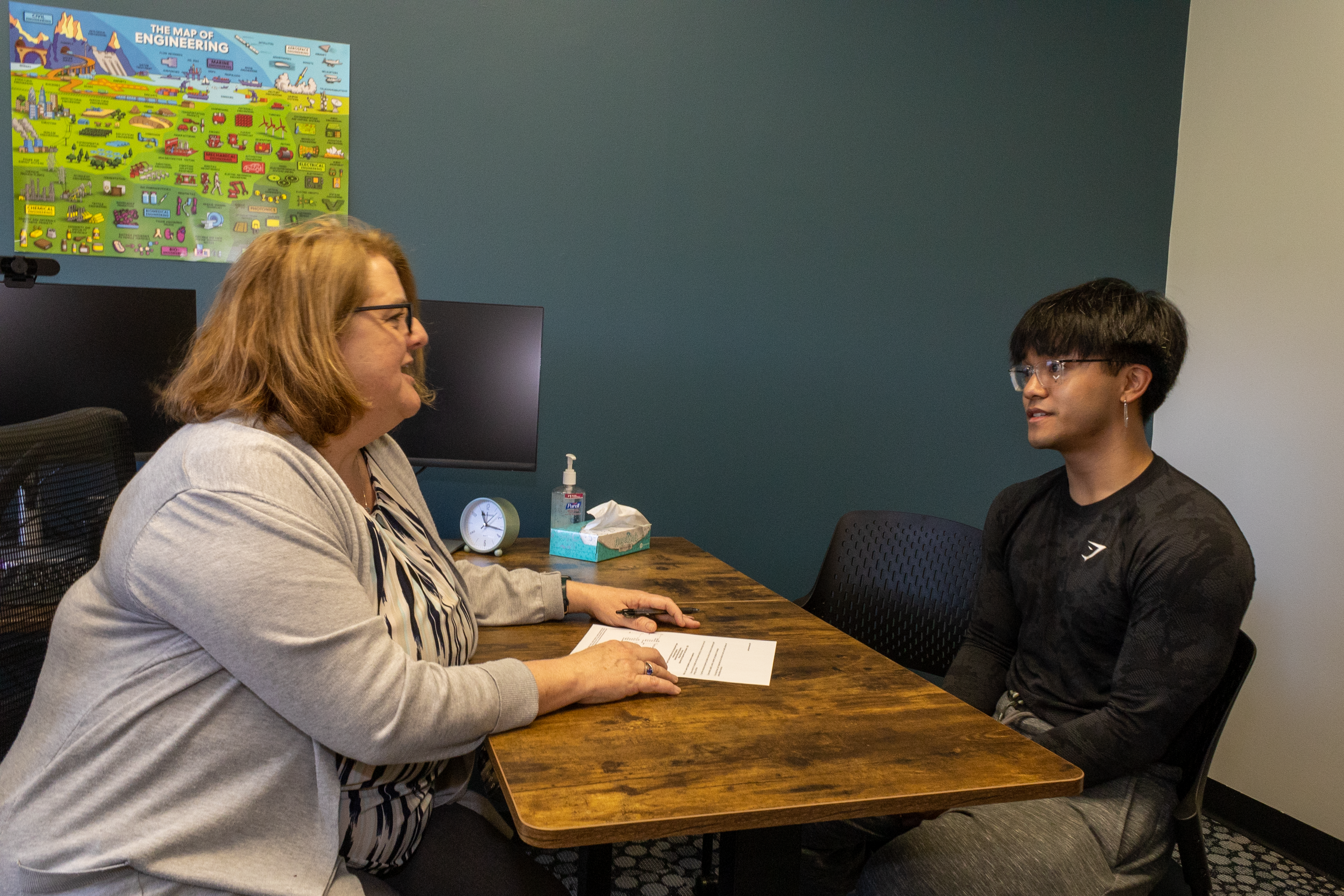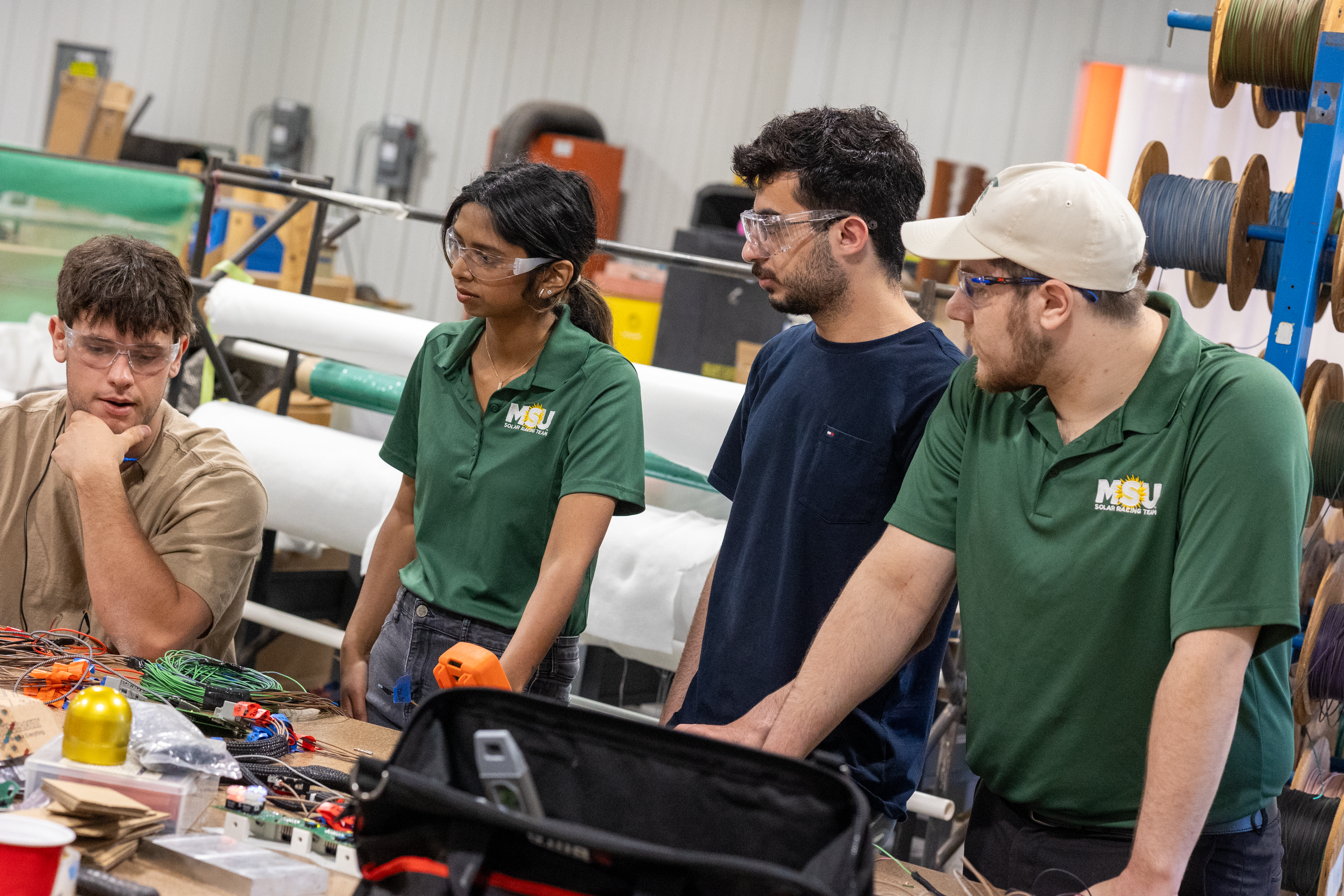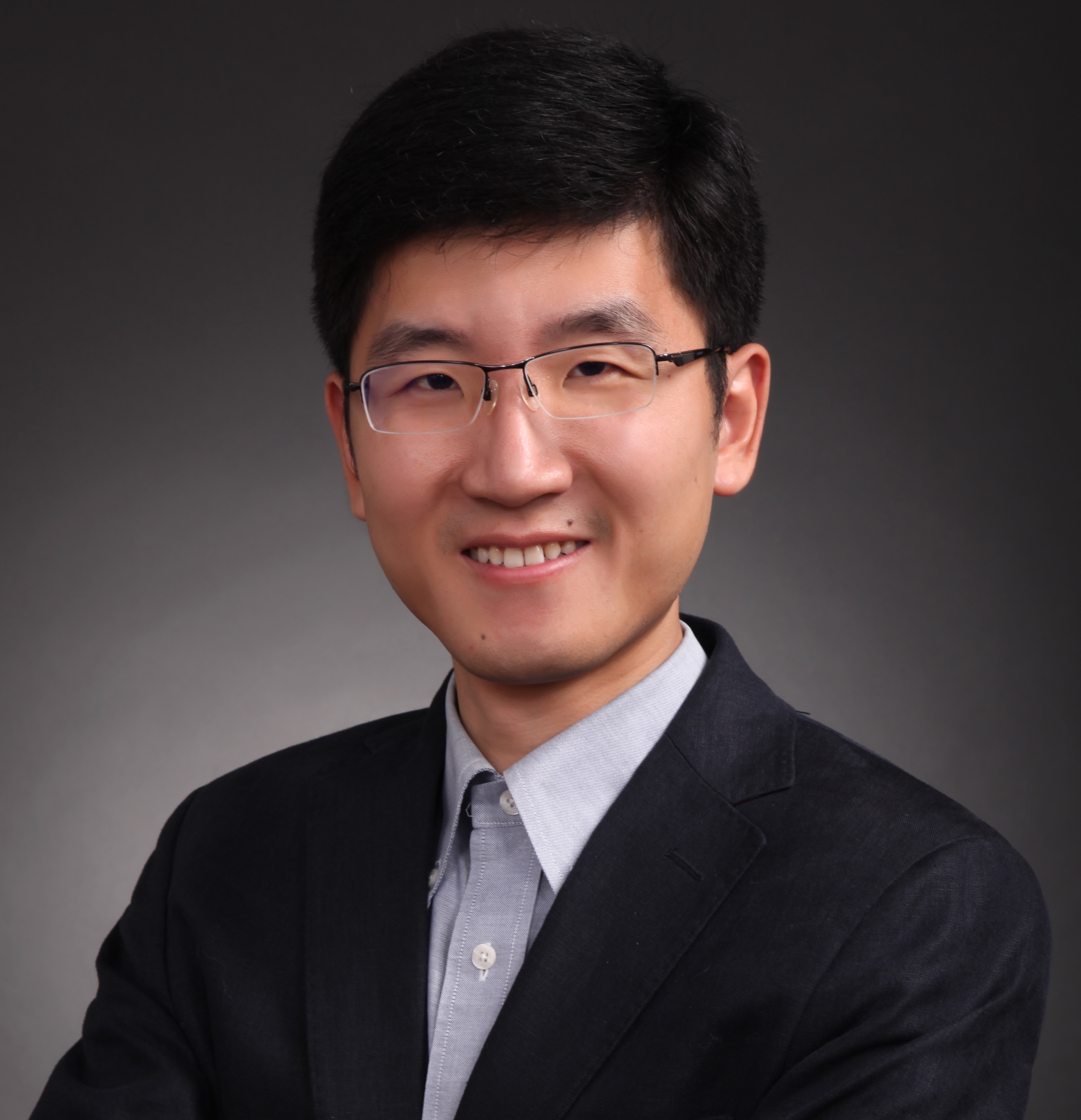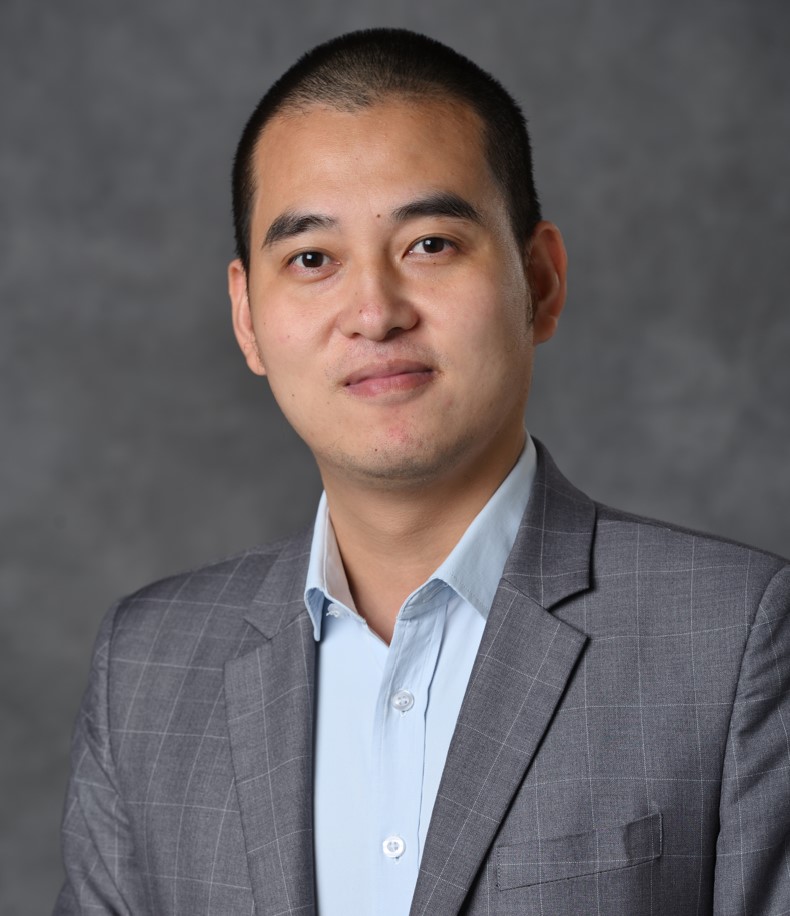Three researchers in the Michigan State University College of Engineering have received National Science Foundation (NSF) Faculty Early Career Development (CAREER) Program awards and will advance their research efforts with a combined $1.7 million over the next five years.
The NSF awards support early-career faculty members who have the potential to serve as academic role models in research and education and to lead advances in the mission of their department or organization. They are among NSF’s most prestigious national honors.
Interim Engineering Dean John Papapolymerou said three more faculty received awards bringing the college’s total to 28 in the past six years.
“These highly prestigious NSF awards allow for new and continuing scholarship and the opportunity to train new engineers through research activities,” Papapolymerou said. “It will be exciting to watch our faculty further develop their innovations.”
Space-air-ground Integrated Networks for Next-Generation Agriculture
Zhichao Cao, assistant professor of computer science and engineering, will use a five-year $500,000 Faculty Early CAREER award to support research into the relationship between data collection and precision agriculture. Cao is also a faculty affiliate of AgBioResearch at MSU.
“This Internet-of-Things (IoT) paradigm will assume a pivotal role in future precision agriculture,” Cao said, “especially on enhancing crop yield and reducing management expenses.”
Cao said agriculture IoT will become a conduit between traditional weather-dependent decision-making and data-driven computational intelligence. The proposed ground-air-space IoT framework will facilitate data collection that is both cost and energy efficient in outdoor environments.
“Through collaboration with academic and industrial partners, we will explore diverse applications, including irrigation systems, water quality management, disease control, and greenhouse gas reduction.”
Multiscale Mechanics of Particle Transport in Soft Active Materials
Shaoting Lin, assistant professor of mechanical engineering, will use a five-year $619,000 Faculty Early CAREER award to investigate the movement of particles in soft materials and explore how stretching them could improve technologies for drug delivery, water treatment, and biosensing.
“The research objective is to explore how stretching and squeezing soft materials can control the direction and speed of particle diffusion. Specifically, we will develop specialized setups and run molecular simulations to understand the relationship between deformation of soft materials at macroscale and the movement of particles at nanoscale.
“By understanding these factors, we hope to develop a drug delivery system that can provide highly effective and on-demand treatments,” he added.
Zeroth-Order Machine Learning: Foundations and Emerging Applications
Sijia Liu, assistant professor of computer science and engineering, will use a five-year, $600,000 Faculty Early CAREER award to work on practical solutions that close the gap between foundational research and real-world AI challenges.
“We’re finding that adapting the behavior of advanced AI systems, like large language models, can be extremely memory-intensive and computationally infeasible, making it impractical for many low-resource devices. Often, the necessary information—mainly first-order derivatives required for these calculations—is either unavailable or challenging to obtain.”
Liu said the goal is to drive technological breakthroughs in machine learning by using a paradigm called zeroth-order machine learning (ZO-ML). It operates without the need for derivative information.
“ZO-ML offers a practical alternative to traditional ML computations, making processes faster and more broadly applicable across various systems.”
Written by Patricia Mroczek.
MSU College of Engineering Media and Public Relations page
